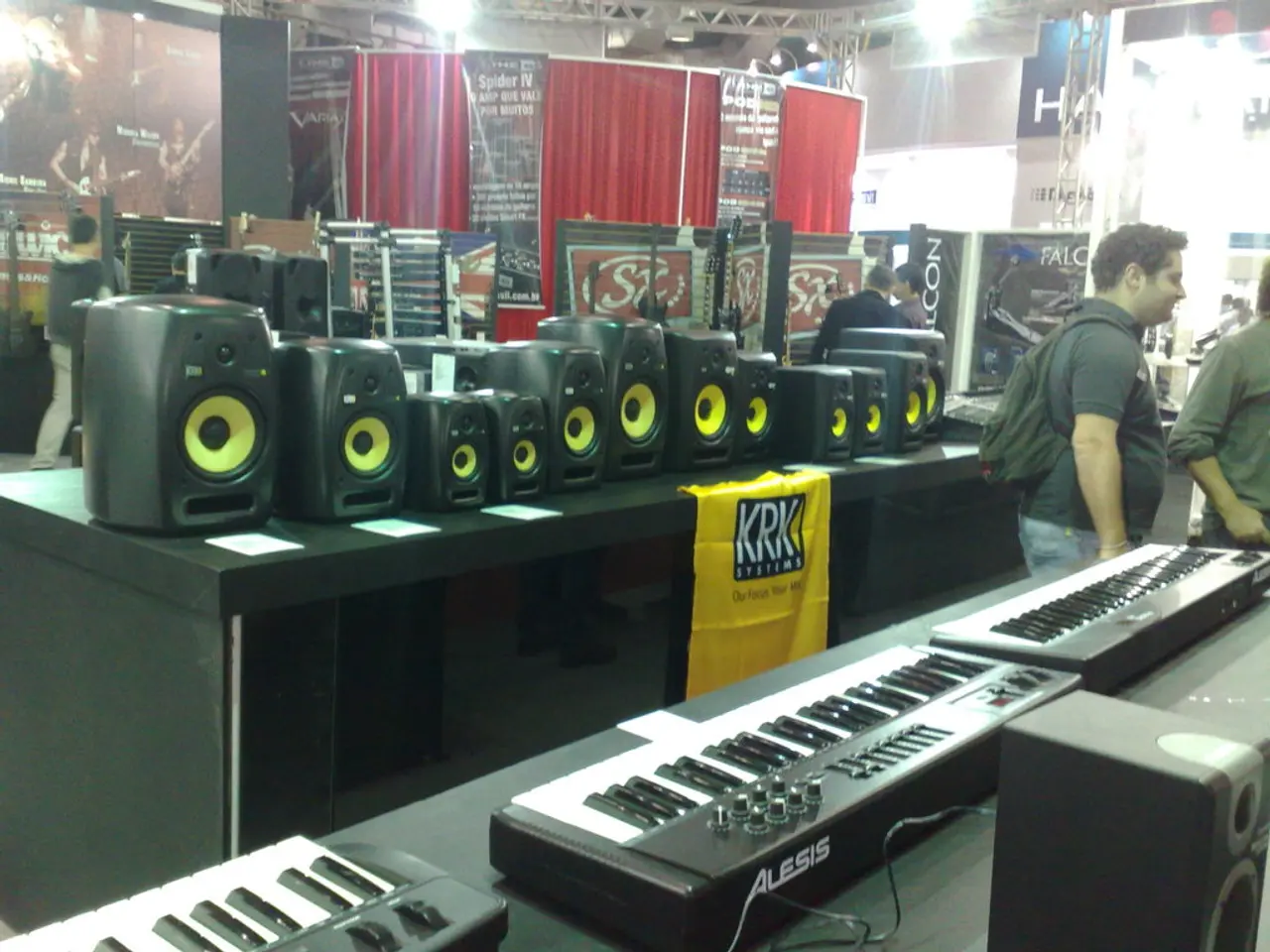Unions and Holland Casino Oppose Proposed Increase in Gambling Taxes
Holland Casino Faces Financial Struggles and Job Losses
Holland Casino, one of the Netherlands' largest gambling operators, is facing financial pressures that could lead to mass layoffs or reduced worker benefits, according to recent reports. This news comes as the company's Zandvoort branch is scheduled to close in February 2025.
The closure of the Zandvoort branch is due to its long-term unprofitability, not the recent increase in the Dutch gambling tax. However, the unions' primary concerns focus on job security and working conditions, with nearly all staff from the Zandvoort branch being relocated to other branches, ensuring they remain less than 90 minutes away by car from their original branch.
The unions, FNV and De Unie, have expressed concerns about the company's viability due to the tax hike. The gambling tax rate was increased from 30.5% to 34.2% at the start of 2025 and is set to rise further to 37.8% in 2026. This increase has already led to a fall in gross gaming revenue and a decline in tax income, as well as a 9% drop in the number of physical gambling venues in early 2025.
Holland Casino, along with the unions, opposes the planned further increase in the Dutch gambling tax. They argue that this threatens jobs and the sustainability of companies like Holland Casino. The Dutch gambling regulator (KSA) agrees, acknowledging that the tax increase has been counterproductive, causing a decrease in overall gambling revenue despite intentions to increase state income.
The regulator and market participants warn that rising taxes push players toward unregulated, illegal gambling platforms, further damaging the legal market’s financial health. This financial stress risks undermining responsible providers and the protective environment intended for players. The regulator highlights the importance of maintaining a financially healthy legal market to ensure continued player protection.
In this context, the situation reflects a broader cautionary tale about raising gambling taxes without fully considering commercial impacts and player behavior. Holland Casino and its union allies are intensifying efforts to sway policymakers, but Dutch policymakers have shown little willingness to back down.
In summary, the financial viability of legal operators and player protection are at risk without tax adjustments. The unions prioritize worker wellbeing, and the closure of the Zandvoort branch underlines Holland Casino's financial difficulties. The Dutch gambling regulator agrees that the tax rise is counterproductive and warns of growth in unregulated gambling. The ongoing efforts to address these issues will be crucial to the future of Holland Casino and the Dutch gambling industry.
[1] KSA Acknowledges Counterproductive Effects of Gambling Tax Increase [3] Unions Warn of Job Losses and Company Viability Due to Tax Hike [4] Regulator and Market Participants Warn of Growth in Unregulated Gambling [5] Holland Casino Opposes Planned Further Increase in Dutch Gambling Tax
- Despite opposition from Holland Casino and unions, Dutch policymakers remain firm, unwilling to adjust the increasing gambling tax despite its detrimental effects.
- The rise in the gambling tax from 30.5% to 34.2% has already led to a dip in Holland Casino's gross gaming revenue and a decline in tax income, similarly causing a reduction in the number of physical gambling venues.
- The union, FNV, and De Unie, have raised concerns about the company's sustainability due to the tax hike, with fears of job losses and reduced worker benefits.
- The closure of Holland Casino's Zandvoort branch is a clear manifestation of the company's financial struggles, a consequence of the hike in gambling tax.
- The Dutch gambling regulator (KSA) is in agreement with Holland Casino and the unions, asserting that the tax increase has been counterproductive, leading to a decrease in overall gambling revenue.
- The financial difficulties faced by Holland Casino are a part of a larger trend, with rising taxes driving players towards unregulated, illegal gambling platforms, thereby damaging the legal market’s health.
- With the ongoing financial stress on Holland Casino, key industry players are intensifying their efforts to influence policy-and-legislation, advocating for responsible-gambling policies to protect players and maintain a healthy legal market.
- Amidst the debate of responsible-gambling policies, general-news outlets and casino-personalities are Shedding light on these issues, highlighting the need for a balanced approach between taxes and the overall wellbeing of the casino-and-gambling industry.




